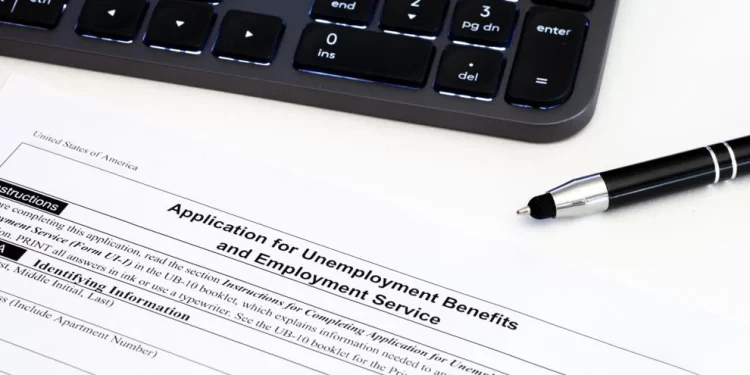By Christina Lengyel | The Center Square contributor
(The Center Square) – Fleeing domestic violence can cost victims their unemployment benefits after victims forfeit their jobs for safety’s sake.
State law, however, may soon change to remedy the situation after the House Labor and Industry Committee unanimously approved legislation “to clear the path” for victims.
According to legislators, the often protracted and personally revealing adjudication process can be a major deterrent for those who have left their jobs for their personal safety. The bill, sponsored by Ryan Mackenzie, R-Macungie, updates the wording of the Unemployment Compensation to exempt victims from the traditional eligibility rules.
“In the vast majority of situations, an employee who voluntarily quits employment should have to meet a steep bar before being awarded taxpayer-funded benefits. However, I believe that there should be an exception for victims of domestic violence who could be put in danger by continued employment,” wrote Mackenzie.
An amendment to the bill makes it clear that victims do not have to file a police report or ask for any type of protective order to be eligible for the benefit. They only need to submit a confidential statement from a professional confirming recent domestic violence.
Qualified professionals include therapists, case workers, clergy members, medical doctors and others who often come in contact with those suffering in domestic violence situations. Those seeking benefits are able to coordinate this with the Office of Victim Advocate.
The amendment also ensures that employers are not faced with charges that can come along with unemployment benefits in situations involving domestic violence, which will help victims keep the details of their circumstances confidential.
In 2021, during a 24-hour survey period, a group of Pennsylvania’s domestic violence programs reported serving 2,214 victims and responding to 625 hotline calls in a single day.
Call 1-800-799-SAFE (7233) available 24/7 to talk confidentially with anyone in the United States who is experiencing domestic violence, seeking resources or information, or questioning unhealthy aspects of their relationship.




